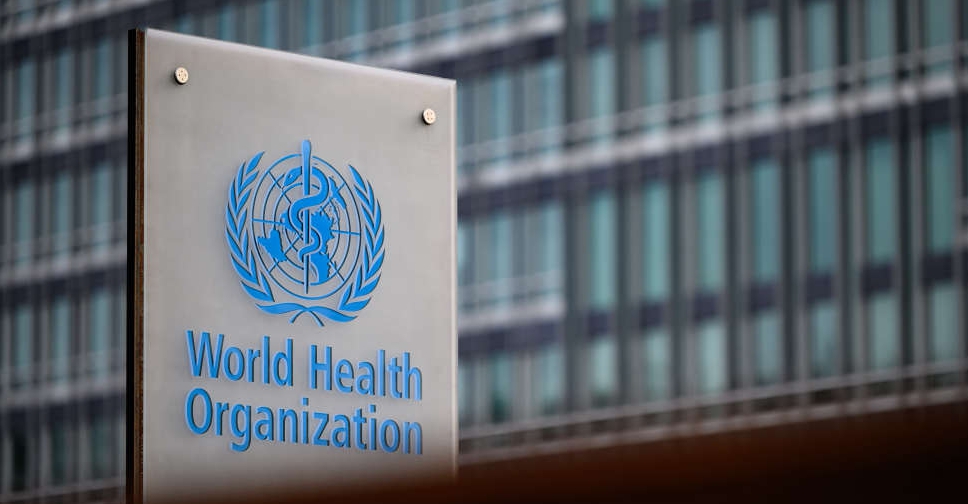
The World Health Organisation (WHO) recommended on Monday the use of a second malaria vaccine to curb the life-threatening disease spread to humans by some mosquitoes.
"Almost exactly two years ago, W.H.O. recommended the broad use of the world's first malaria vaccine called RTS,S," WHO chief Tedros Adhanom Ghebreyesus told a briefing in Geneva.
"Today, it gives me great pleasure to announce that WHO is recommending a second vaccine called R21/Matrix-M to prevent malaria in children at risk of the disease."
R21/Matrix-M, developed by Britain's University of Oxford, will be rolled out in some African countries in early 2024 and available mid-2024 in other countries, Tedros said, adding that doses would cost between $2 and $4.
The vaccine is mass manufactured by Serum Institute of India and uses Novavax's Matrix M adjuvant.
Tedros added the agency had also recommended Takeda Pharmaceuticals' vaccine against dengue called Qdenga for children aged six to 16 years living in areas where the infection is a significant public health problem.
Dengue, common in tropical and subtropical climates, is a viral infection spread from mosquitoes to people.
Takeda's vaccine was shown in trials to be effective against all four stereotypes of the virus in people who were previously infected by dengue, Hanna Nohynek, chair of WHO's Strategic Advisory Group of Experts on Immunization, told journalists.
She added, however, that there remained uncertainty about its performance against stereotype 3 and 4 in people who have not been infected previously.
The WHO's strategic advisory group also recommended a simplified single dose regime for primary immunization for most COVID-19 vaccines to improve acceptance of the shots at a time when most people have had at least one prior infection
The agency added that any monovalent or bivalent vaccine could be used given that monovalent vaccines that target the XBB.1.5 variant - the dominant variant in many places this year - are not available in many countries.

 UK inquiry finds 'chilling' cover-up of infected blood scandal
UK inquiry finds 'chilling' cover-up of infected blood scandal
 Iranian President Raisi killed in helicopter accident, state media says
Iranian President Raisi killed in helicopter accident, state media says
 ICC prosecutor seeks arrest warrants for Israeli, Hamas leaders
ICC prosecutor seeks arrest warrants for Israeli, Hamas leaders
 Assange given permission to appeal against US extradition
Assange given permission to appeal against US extradition
 Israel intends to broaden Rafah sweep, Defence Minister tells US
Israel intends to broaden Rafah sweep, Defence Minister tells US




